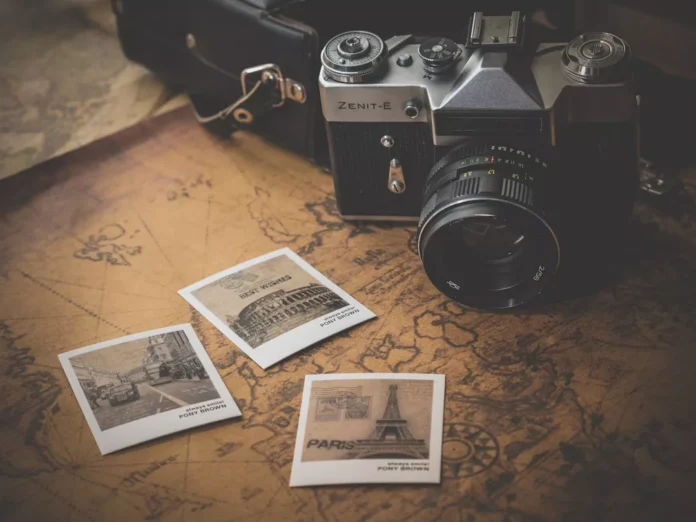The fight against organized crime and mafia culture has been a long and difficult battle in Italy. However, there are individuals who have dedicated their lives to promoting anti-mafia values and educating the public about the dangers of these criminal organizations. One such individual is claudio La camera, an anthropologist and theater director, who has created the Museo de la ‘ndrangheta, a cultural center that aims to combat the influence of the notorious ‘ndrangheta mafia group.
claudio La camera, born and raised in Calabria, the heartland of the ‘ndrangheta, has always been passionate about his region’s culture and history. However, he was also acutely aware of the negative impact that the mafia had on his community. This led him to pursue a career in anthropology, with a focus on studying the ‘ndrangheta and its influence on Calabrian society.
After years of research and fieldwork, La camera decided to use his knowledge and expertise to create a cultural center that would serve as a platform for promoting anti-mafia values and educating the public about the dangers of organized crime. In 2013, the Museo de la ‘ndrangheta was born, with La camera as its director.
Located in the small town of Corigliano Calabro, the museum is a unique and powerful tool in the fight against the ‘ndrangheta. It is not your typical museum, with artifacts and historical displays. Instead, it is an immersive experience that uses theater, art, and technology to educate visitors about the mafia’s history, tactics, and impact on society.
One of the museum’s most notable features is the interactive theater experience, where visitors are taken on a journey through the ‘ndrangheta‘s origins and evolution. Through powerful performances and multimedia displays, La camera and his team bring to life the stories of victims, witnesses, and even former members of the mafia. This approach allows visitors to gain a deeper understanding of the ‘ndrangheta‘s inner workings and the devastating consequences it has on individuals and communities.
Moreover, the museum also has a section dedicated to the ‘ndrangheta‘s illegal activities, such as drug trafficking and money laundering. This section includes a display of fake invoices and other documents used by the mafia to cover up their illegal activities. La camera, who has extensively studied the ‘ndrangheta‘s financial operations, hopes that this display will raise awareness about the mafia’s economic impact and the importance of fighting against it.
In addition to the museum’s permanent exhibits, La camera and his team also organize temporary exhibitions, workshops, and events that focus on different aspects of mafia culture and the fight against it. These events attract a diverse audience, from students and tourists to law enforcement officials and anti-mafia activists. Through these initiatives, La camera aims to create a dialogue and raise awareness about the ‘ndrangheta‘s influence and the importance of standing up against it.
The Museo de la ‘ndrangheta has received widespread recognition and praise for its unique approach to promoting anti-mafia values. It has been featured in various media outlets and has won numerous awards, including the prestigious European Museum of the Year Award in 2018. However, for La camera, the most significant achievement is the impact the museum has had on the local community. It has become a symbol of resistance and hope for many Calabrians who have long suffered from the ‘ndrangheta‘s presence.
In conclusion, claudio La camera‘s dedication and passion for promoting anti-mafia values through the Museo de la ‘ndrangheta have made a significant impact in the fight against organized crime in Italy. His innovative and engaging approach has not only educated the public about the dangers of the ‘ndrangheta but also inspired many to join the fight against it. As La camera continues to expand the museum’s reach and impact, it is clear that he is creating a powerful legacy that will have a lasting impact on future generations.

